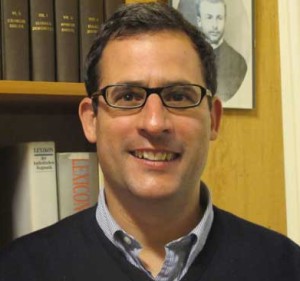 Episode 2 – “A Brief Overview of Adrienne’s Life” – “A Handmaid of the Lord”: The life and legacy of Adrienne von Speyr with Dr. Adrian Walker, Ph.D.
Episode 2 – “A Brief Overview of Adrienne’s Life” – “A Handmaid of the Lord”: The life and legacy of Adrienne von Speyr with Dr. Adrian Walker, Ph.D.
With Dr. Adrian Walker, we discuss various aspects of Adrienne’s life. What was her childhood like? What were the relationship dynamics within her family? We discuss her marriages and professional career. Dr. Walker delves into her conversion to the Catholic faith and her mystical experiences.
Podcast: Play in new window | Download (Duration: 36:45 — 33.6MB) | Embed
Subscribe: Apple Podcasts | Spotify | Amazon Music | Android | Pandora | iHeartRadio | JioSaavn | Podchaser | Gaana | Podcast Index | Email | TuneIn | Deezer | Anghami | RSS | More
…indifference impregnated with Johannine theology. The theory of mysticism which Adrienne formulated culminates in the one statement: Mysticism is a particular mission, a particular service to the Church which can only be properly carried out in a continual and complete movement away from oneself, in self-forgetfulness (she loved the word éffacement) and virginal readiness for the Word of God. Personal states as such are of no interest and ought not to be reflected upon, all psychologizing introspection becomes without fail a deviation from the main concern—God’s Word—and therefore a distortion of one’s mission. This basic law is also, according to Adrienne, the principal guideline for spiritual directors.
By this time, Adrienne had been interpreting books of Holy Scripture for about a decade: after the Johannine writings, some of Paul, the Catholic Epistles, the Apocalypse, books or parts of books from the Old Testament. In later years one could give her at random any text of Scripture with the request that she interpret it immediately; she would close her eyes for a few seconds, and then in her quiet, objective tone of voice she would begin to speak in sentences that were almost ready for publishing. She usually dictated in the afternoon after she had returned from her two-o’clock office hours and had had a cup of tea. She seldom dictated for more than half an hour per day. During vacations, she would occasionally dictate for two or three hours, but this was rare. More will be said later about one exception, regarding the commentary on the Apocalypse.
Balthasar, Hans Urs von (2012-08-21). First Glance at Adrienne von Speyr (Kindle Locations 345-356). Ignatius Press. Kindle Edition.
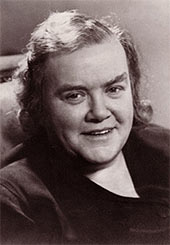 Adrienne von Speyr was a Swiss convert, mystic, wife, medical doctor and author of over 60 books on spirituality and theology. She’s inspired countless souls around the world to deepen their mission of prayer and compassion. She entered the Catholic Church under the direction of the great theologian, Hans Urs von Balthasar. In the years that would follow, they would co-found the secular institute, the Community of St. John.
Adrienne von Speyr was a Swiss convert, mystic, wife, medical doctor and author of over 60 books on spirituality and theology. She’s inspired countless souls around the world to deepen their mission of prayer and compassion. She entered the Catholic Church under the direction of the great theologian, Hans Urs von Balthasar. In the years that would follow, they would co-found the secular institute, the Community of St. John.
Adrian Walker is an editor of the journal Communio, an International Catholic Review, who received his doctorate in philosophy at the Pontifical Gregorian University in Rome. Dr. Walker has served as a translator for the English edition of Pope Benedict XVI’s, ” Jesus of Nazareth”, as well as numerous other theological works, including those of Hans Urs von Balthasar and Adrienne von Speyr.
Our series recorded at “Casa Balthasar“, a house of discernment for men located in Rome, Italy. The Casa, was founded in 1990 by a group of friends and is directed by Rev. Jacques Servais, S.J.; Joseph Ratzinger (Pope Benedict XVI) has been closely associated with the Casa Balthasar from the very beginning as its Cardinal Protector.
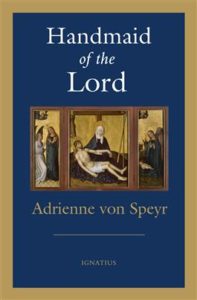
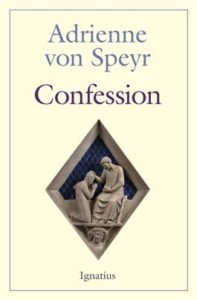
 Many of Adrienne von Speyr’s books can found through Ignatius Press
Many of Adrienne von Speyr’s books can found through Ignatius Press





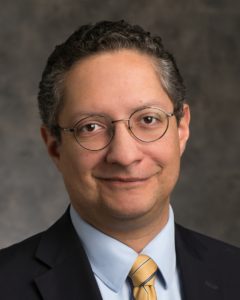
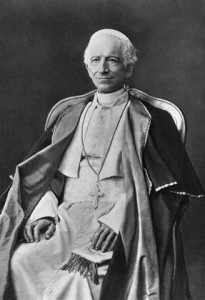 He is known for intellectualism, the development of social teachings with his encyclicalRerum Novarum and his attempts to define the position of the Church with regard to modern thinking. He influenced Roman Catholic Mariology and promoted both the rosary and the scapular. He issued a record eleven encyclicals on the rosary, approved two new Marian scapulars and was the first Pope to fully embrace the concept of Mary as mediatrix. He is also the author of the St. Michael the Archangel prayer, among others.
He is known for intellectualism, the development of social teachings with his encyclicalRerum Novarum and his attempts to define the position of the Church with regard to modern thinking. He influenced Roman Catholic Mariology and promoted both the rosary and the scapular. He issued a record eleven encyclicals on the rosary, approved two new Marian scapulars and was the first Pope to fully embrace the concept of Mary as mediatrix. He is also the author of the St. Michael the Archangel prayer, among others.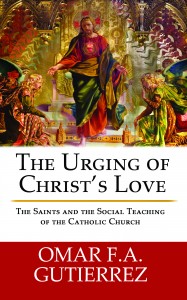
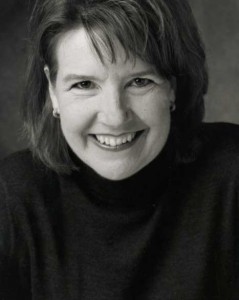
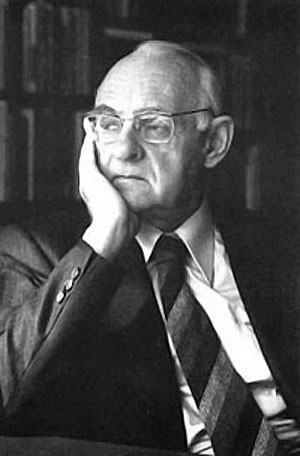 Hans Urs von Balthasar. Balthasar (12 August 1905 – 26 June 1988) was a Swiss theologian and Catholic priest who was to be created a cardinal of the Catholic Church by St. John Paul II but died before the ceremony. He is considered one of the most important Roman Catholic theologians of the 20th century.
Hans Urs von Balthasar. Balthasar (12 August 1905 – 26 June 1988) was a Swiss theologian and Catholic priest who was to be created a cardinal of the Catholic Church by St. John Paul II but died before the ceremony. He is considered one of the most important Roman Catholic theologians of the 20th century.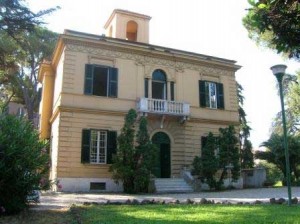
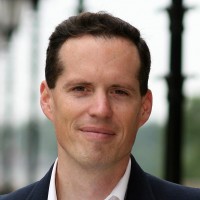
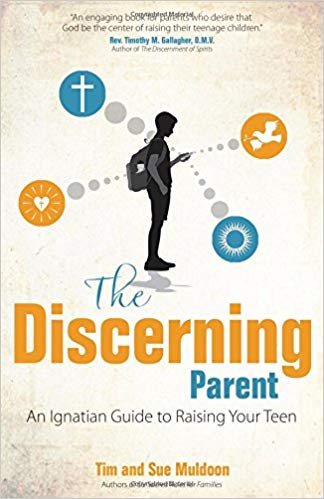
 Dr. Lilles continues the spiritual explorations of the Letters of St. Elizabeth of the Trinity. This episode is part 2 of our conversation on letter 214, with a special focus on suffering and humility united to Christ in our prayer:
Dr. Lilles continues the spiritual explorations of the Letters of St. Elizabeth of the Trinity. This episode is part 2 of our conversation on letter 214, with a special focus on suffering and humility united to Christ in our prayer:


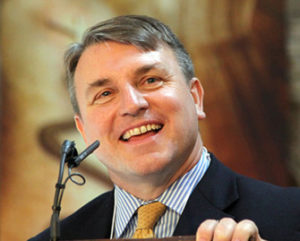
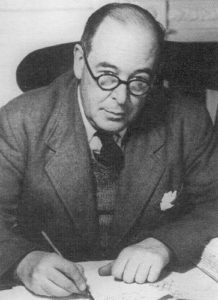 Four adventurous siblings—Peter, Susan, Edmund, and Lucy Pevensie—step through a wardrobe door and into the land of Narnia, a land frozen in eternal winter and enslaved by the power of the White Witch. But when almost all hope is lost, the return of the Great Lion, Aslan, signals a great change . . . and a great sacrifice.
Four adventurous siblings—Peter, Susan, Edmund, and Lucy Pevensie—step through a wardrobe door and into the land of Narnia, a land frozen in eternal winter and enslaved by the power of the White Witch. But when almost all hope is lost, the return of the Great Lion, Aslan, signals a great change . . . and a great sacrifice.
